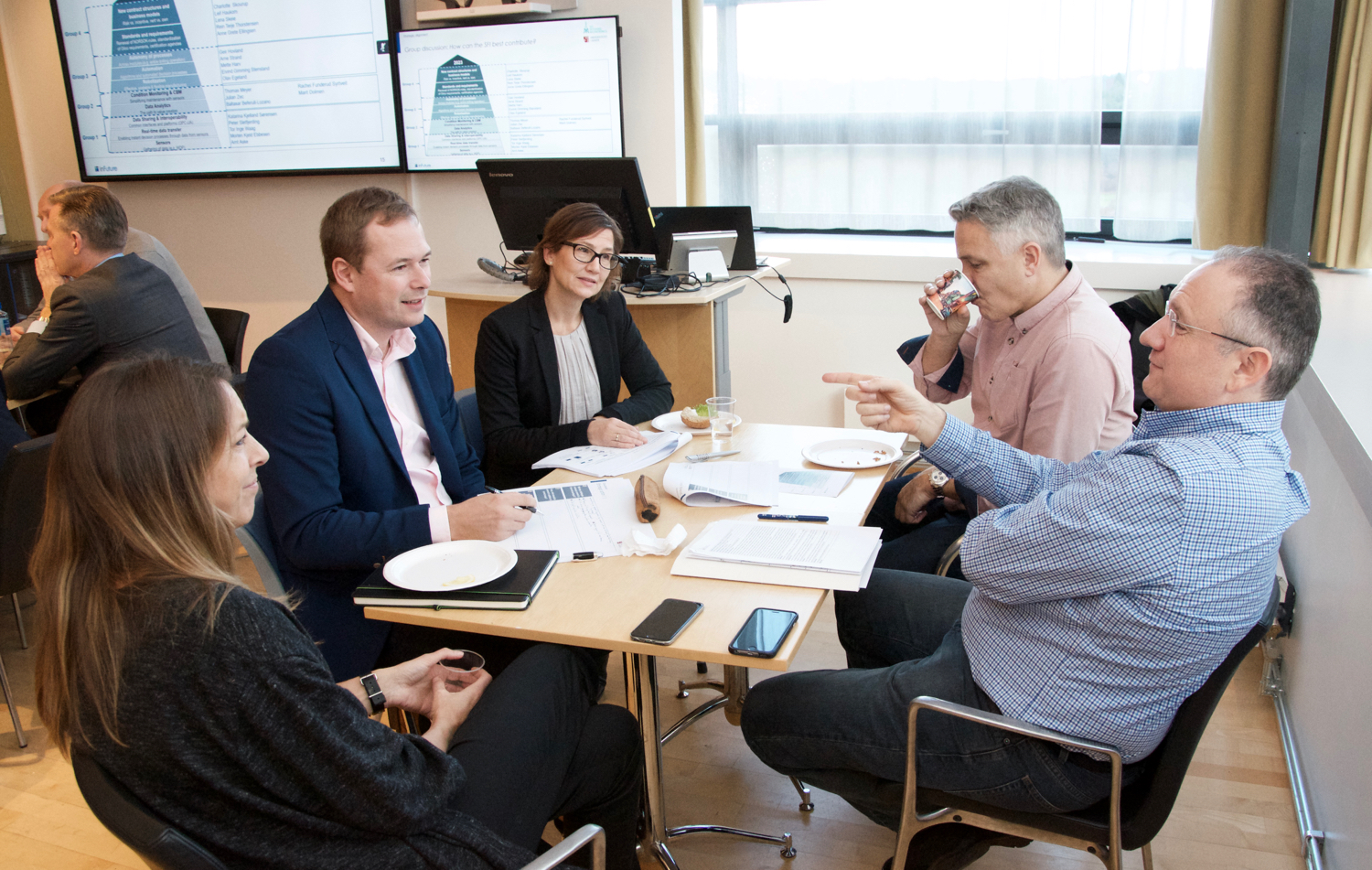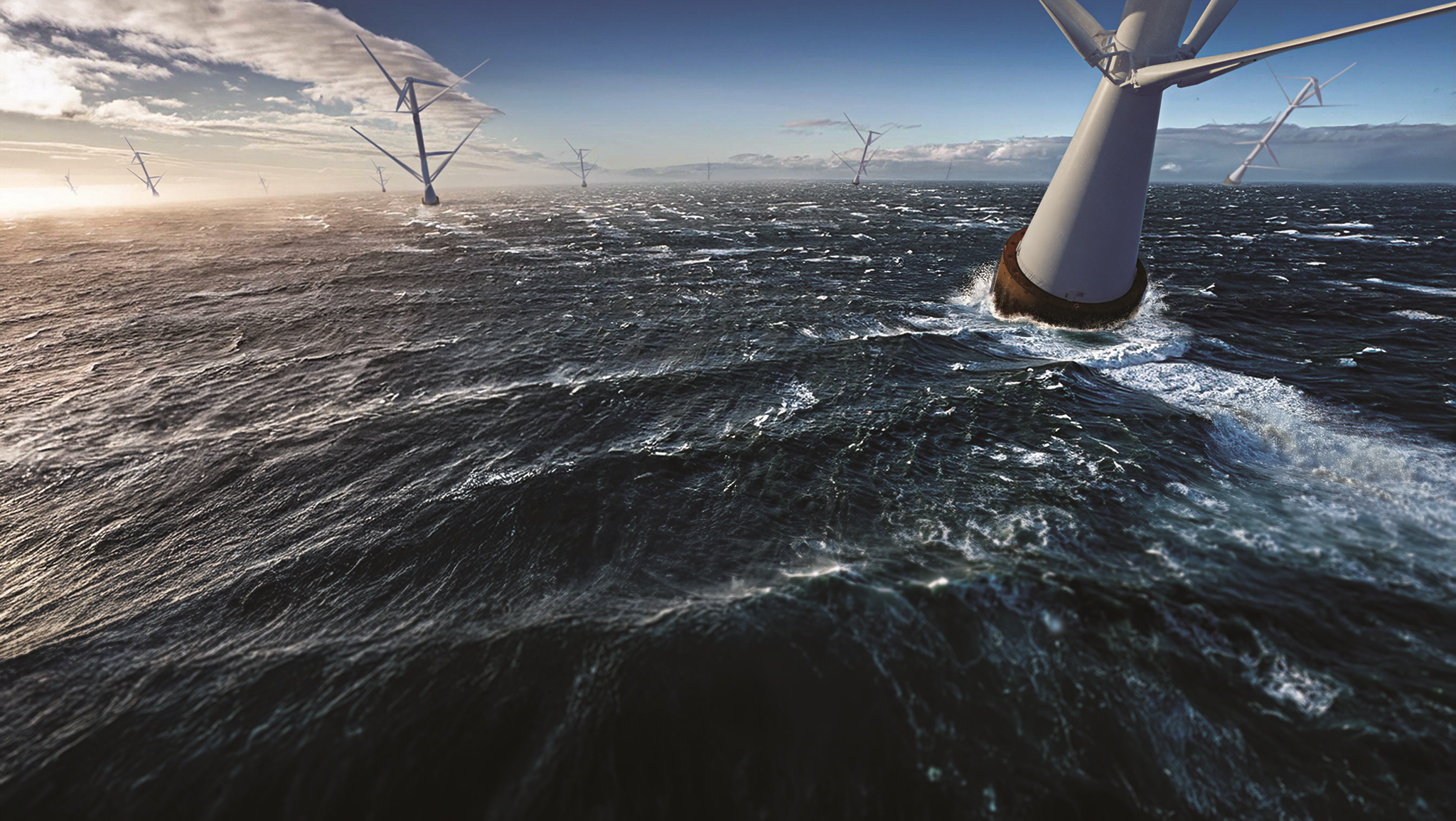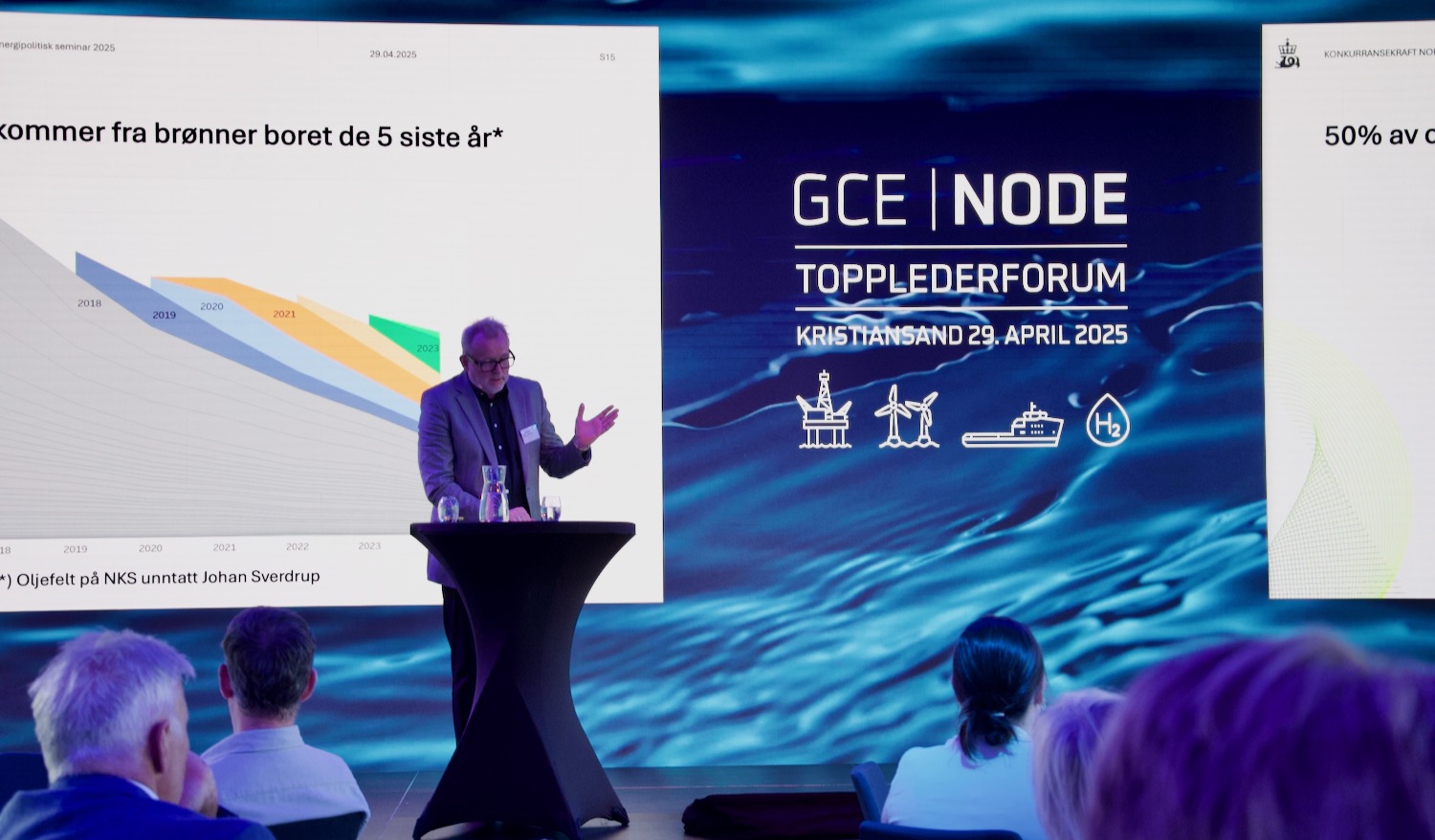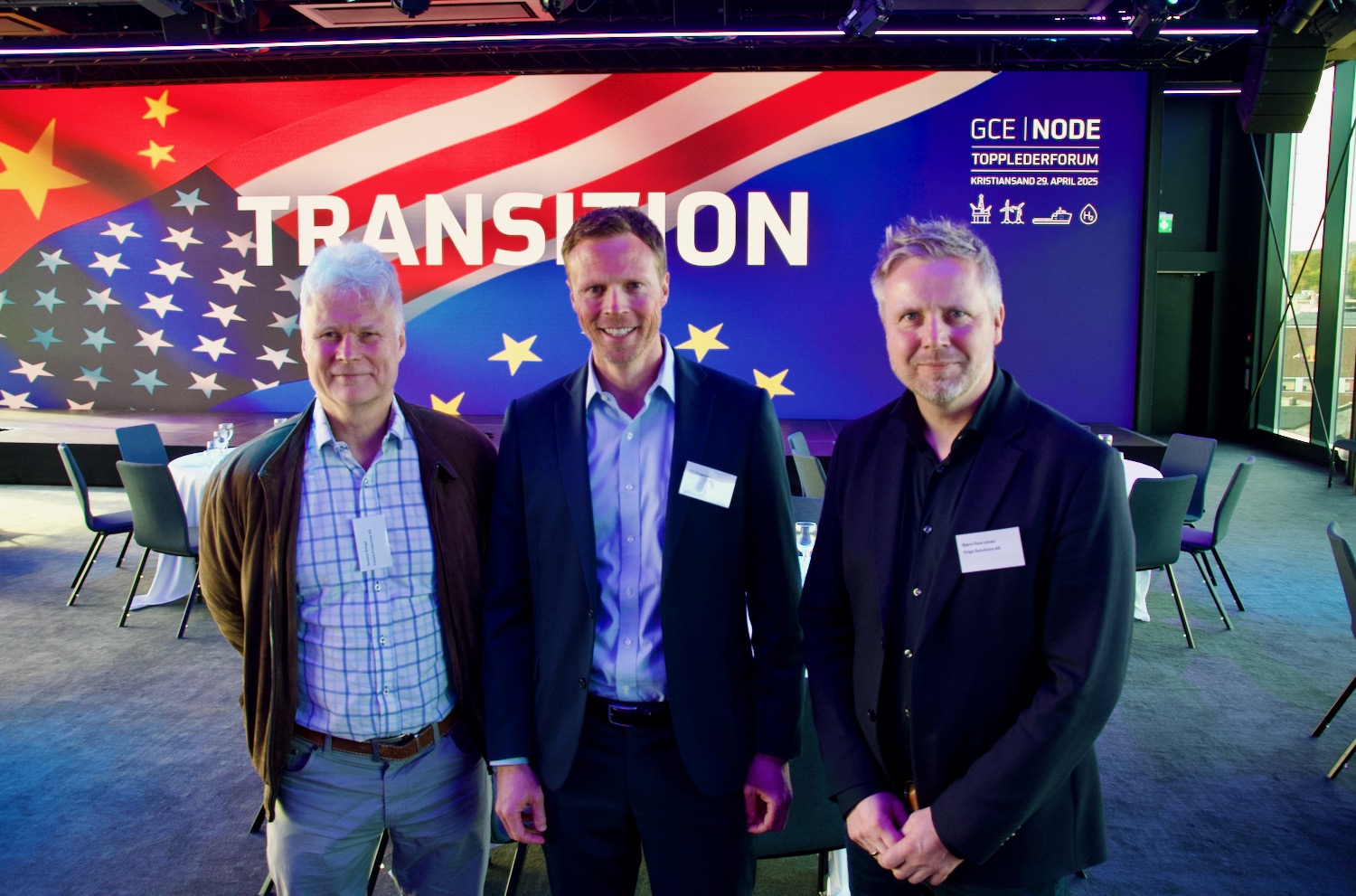“The purpose of the workshop is to ensure that this 8-year long research program is focusing on issues that are relevant for the participating partners and the changing framework nationally and internationally for doing buisness. Workshops like this one, where the industry and academia come together to exchange views, is an important part of this work,” says Anne-Grete Ellingsen, CEO at GCE NODE.
GCE NODE is in charge of Work Package 7 of the Center for Research-based Innovation (Senter for Forskningsbasert Innovasjon, SFI) Offshore Mechatronics.
“We are here to facilitate a strategic discussion about the possible future direction of the work packages and the scope of the SFI. We are not here to conclude, but to discuss and exchange views,” says Ellingsen. It is also important to identify spin offs that can result in new research applications.
A CHANGING WORLD
The world looked a bit different when the program was launched two years ago. For instance, there has been a dramatic change in oil prices since the SFI was approved. This has resulted in a turn around and many cost cutting programs in the industry. As an example: Statoil’s average break-even price for its project portfolio has decreased from 70 to 41 dollars per barrel.
“Environmental issues and digitalization has climbed higher up on the agenda. The industry launched a Roadmap in August with very specific targets on CO2 reductions and more a sustainable industry to be delivered in 2030. Digitalization, robotization and 3D printing are other examples of technologies that will influence our business and value chain. These are changes that we need to be aware of and take into account,” says Ellingsen.
WP7 has already completed a foresight study comprised of interviews and literature studies, in addition to a trend analysis. The findings of the trend analysis were summarized in four main themes: Project planning, equipment design and production, drilling operations optimization, and maintenance.
The SFI Board, work package leaders and SFI partners were invited to a second WP7 workshop in Kristiansand on Thursday. Topics for discussion included sensors, real-time data transfer, data sharing & interoperability, data analytics, condition-based maintenance, robotization, automation, autonomy of processes, standards & requirements, and new contract structures & business models.






